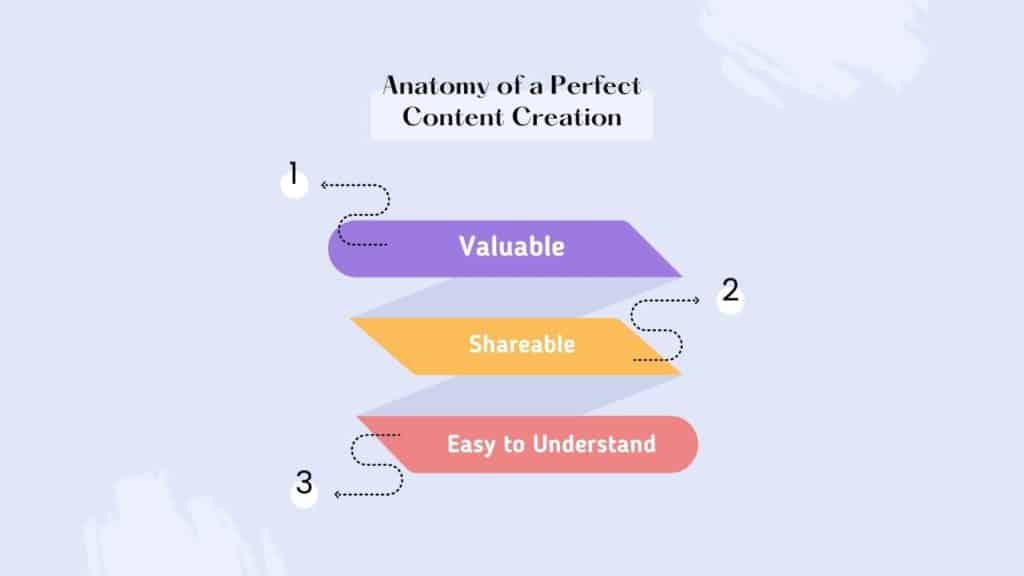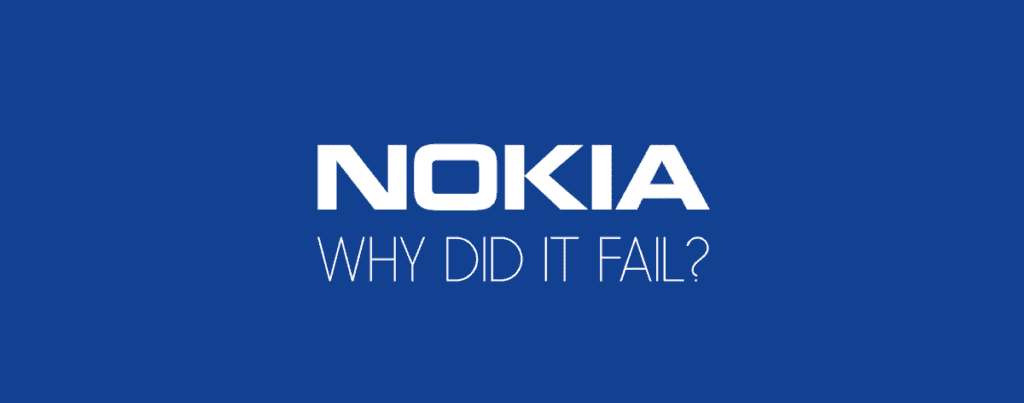Content marketing has become an integral part of digital marketing strategies, allowing companies to connect with their target audience, build brand awareness, and drive customer engagement.
With the advancements in artificial intelligence (AI), companies are now leveraging this technology to transform their content marketing efforts. AI has the potential to revolutionize content creation, data-driven strategies, user experience, content distribution, and analytics, ultimately enhancing customer engagement.
In this blog, we will explore how companies are utilizing AI in content marketing and showcase real-world examples and case studies.
AI-Powered Content Creation:

One of the most significant applications of AI in content marketing is in automated content creation. AI-generated content tools use machine learning algorithms to produce high-quality content, saving time and resources for businesses. Companies like Forbes and The Associated Press have successfully employed AI-powered writing tools to generate news articles and reports. These tools analyze data, extract key insights, and produce well-structured content, reducing the manual effort required.
Additionally, AI-driven algorithms enable personalized content recommendations to enhance user engagement. Platforms such as Netflix and Spotify use AI algorithms to analyze user preferences and behavior, providing personalized content suggestions. This approach helps companies deliver tailored content experiences, increasing customer satisfaction and retention.
Furthermore, natural language processing (NLP) plays a vital role in enhancing content quality and readability. AI-powered NLP algorithms analyze and optimize content for better readability, grammar, and style. Grammarly, a popular writing assistant, utilizes NLP to provide real-time suggestions for improving writing quality. By leveraging NLP, companies can ensure their content resonates with their target audience and effectively communicates their message.
Data-Driven Content Strategy:

AI-powered data analysis is transforming the way companies approach content strategy. By leveraging AI, businesses can analyze vast amounts of data to identify trends, consumer insights, and content gaps. Platforms like BuzzSumo and SEMrush utilize AI to provide valuable data-driven insights into content performance, competitor analysis, and keyword research.
This data-driven approach enables companies to create content that aligns with their target audience’s interests and preferences. Predictive analytics powered by AI plays a crucial role in anticipating customer needs and preferences.
By analyzing historical data and customer behavior, AI algorithms can predict future trends, enabling companies to develop content strategies that are ahead of the curve. This proactive approach helps companies stay relevant and engage their audience effectively.
Moreover, AI-based tools assist in SEO optimization, ensuring that content is optimized for search engines. Platforms like Google’s AI-driven Keyword Planner and Moz’s AI-powered SEO tools help businesses identify relevant keywords, analyze search trends, and optimize their content for better search engine rankings.
By leveraging AI for SEO optimization, companies can drive organic traffic to their content and increase visibility.
Enhanced User Experience:

AI-driven chatbots and virtual assistants have revolutionized customer interaction. Companies are integrating chatbots on their websites and social media platforms to provide instant and personalized support.
These conversational agents, powered by AI, can answer customer queries, guide them through the sales process, and even provide recommendations based on their preferences.
By utilizing AI-powered chatbots, companies can enhance customer satisfaction, improve response times, and increase engagement.
Dynamic content delivery is another way companies are leveraging AI to enhance the user experience. By analyzing user behavior, preferences, and historical data, AI algorithms can deliver personalized content experiences in real-time.
Platforms like Amazon and Netflix use AI-driven recommendation engines to suggest products and content based on user interests. This dynamic content delivery keeps users engaged and increases the likelihood of conversions.
Voice search optimization, enabled by AI-enabled voice recognition technology, is also transforming content marketing strategies. With the rise of voice-activated devices like smart speakers and virtual assistants, companies are optimizing their content for voice search queries.
AI-powered voice recognition technology analyzes voice commands and provides accurate search results. By optimizing content for voice search, companies can capture a growing audience and improve their visibility in voice-activated searches.
AI for Content Distribution and Promotion:

AI is playing a pivotal role in content distribution and promotion, enabling companies to reach their target audience effectively. Programmatic advertising, powered by AI algorithms, revolutionizes ad targeting and optimization.
Platforms like Google Ads and Facebook Ads utilize AI to analyze user data, behavior, and demographics to deliver highly targeted ads. This ensures that the right content is shown to the right audience, increasing engagement and conversions.
Social media automation is another area where AI is making a significant impact. AI-driven social media scheduling and posting tools help companies streamline their social media content distribution process. These tools analyze user engagement patterns and optimize posting times for maximum reach and engagement.
Buffer and Hootsuite are examples of platforms that leverage AI for social media automation, allowing companies to manage and distribute content efficiently across multiple social media channels.
Additionally, AI-powered content recommendation engines provide personalized content distribution. Platforms like Outbrain and Taboola use AI algorithms to analyze user behavior, interests, and browsing history to recommend relevant content on various websites and platforms.
This helps companies increase their content reach, drive traffic, and improve customer engagement.
AI-Powered Analytics and Performance Measurement:

The integration of AI-driven analytics tools enables companies to extract valuable insights from large datasets. AI algorithms can analyze vast amounts of data quickly, identifying patterns, trends, and correlations that human analysts may miss.
Tools like Google Analytics and Adobe Analytics leverage AI to provide businesses with actionable insights to optimize their content marketing strategies. By leveraging AI-powered analytics, companies can make data-driven decisions, refine their content strategies, and achieve better results.
Content performance measurement is crucial in determining the effectiveness of content marketing efforts. AI algorithms can analyze various metrics, such as engagement rates, conversion rates, and bounce rates, to assess the performance of content.
This allows companies to understand what content resonates with their audience, refine their content creation process, and drive better results.
Sentiment analysis, powered by AI, helps companies understand customer sentiment towards their content. By analyzing social media mentions, customer reviews, and feedback, AI algorithms can gauge the overall sentiment and perception of the content.
This insight allows companies to make necessary adjustments, address customer concerns, and improve the effectiveness of their content.
Conclusion:
The integration of AI in content marketing is revolutionizing strategies and enhancing customer engagement. AI-powered content creation tools, personalized recommendations, NLP, and data-driven strategies enable companies to create high-quality content that resonates with their audience.
Enhanced user experiences through AI-driven chatbots, dynamic content delivery, and voice search optimization drive customer satisfaction and loyalty. AI facilitates effective content distribution and promotion through programmatic advertising, social media automation, and content recommendation engines.
AI-powered analytics and performance measurement tools provide actionable insights for optimizing content strategies. As AI continues to advance, the future holds even more potential for innovative applications in content marketing. Embracing AI can empower companies to stay ahead in the ever-evolving digital landscape and deliver exceptional customer experiences.
The transformative power of AI in content marketing is undeniable, and businesses that harness its capabilities stand to gain a competitive edge in engaging their target audience.




